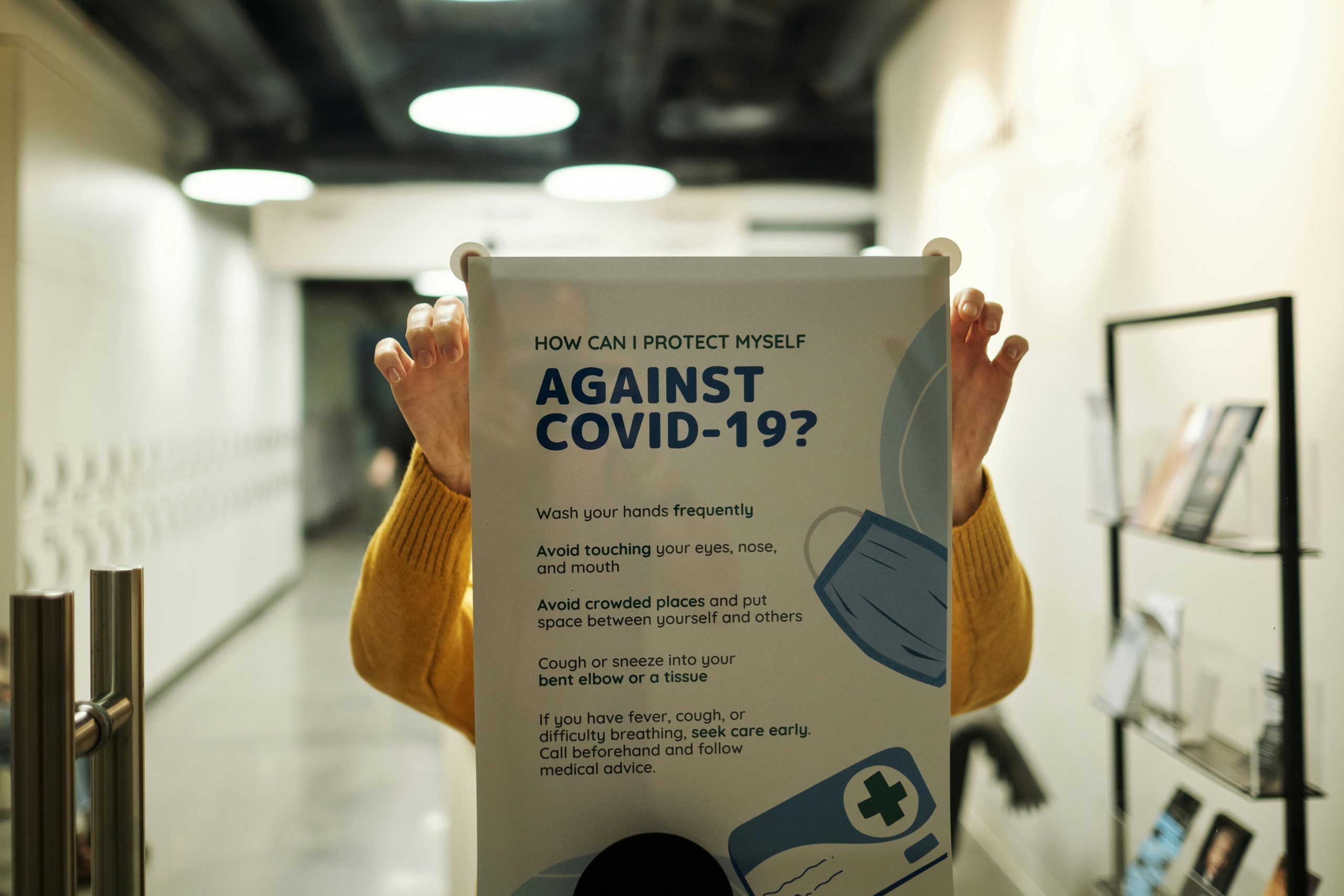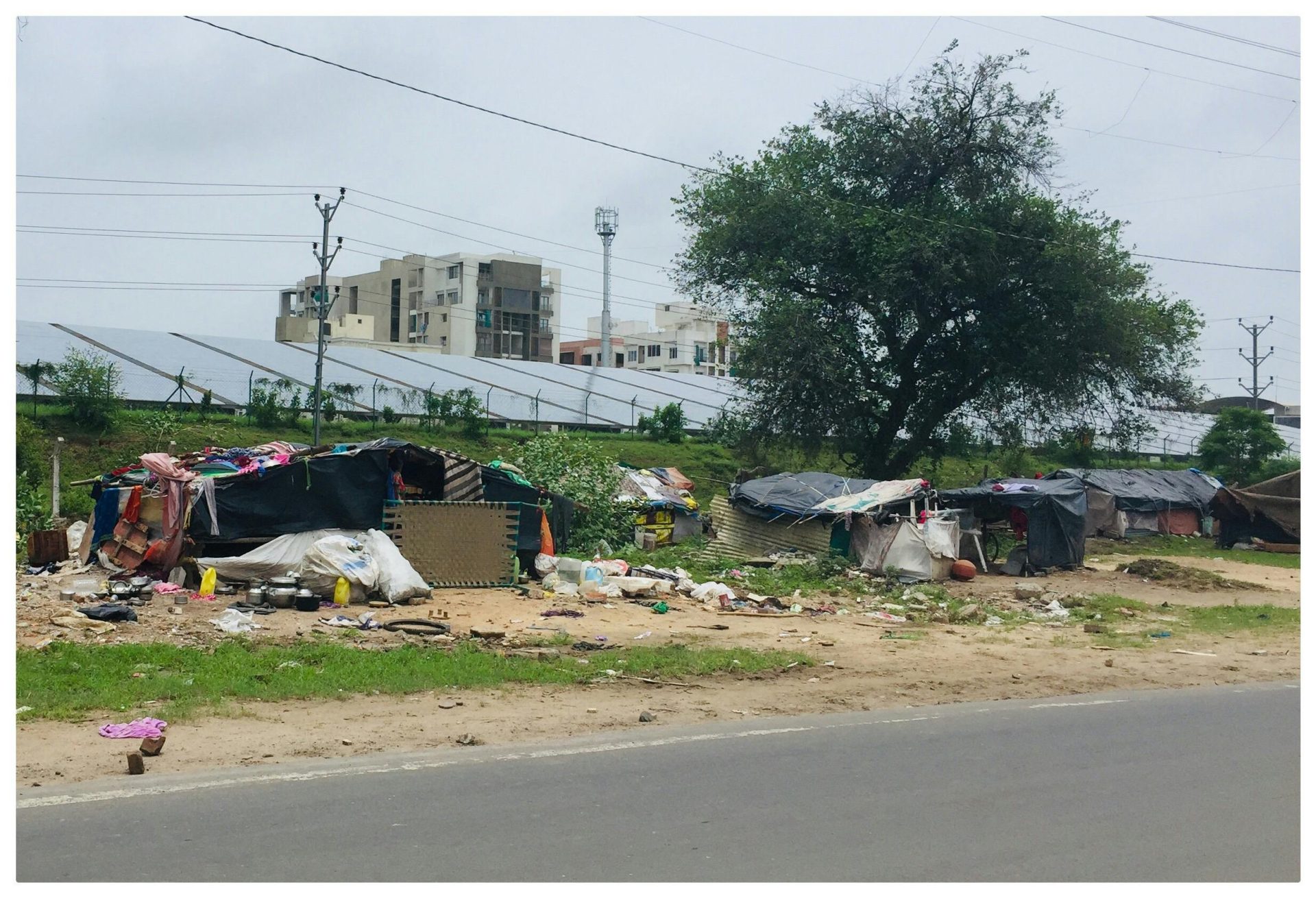By Lwazi Dlamini
THE fatal combination of alcohol consumption, high levels of poverty, unemployment and the effects of the Covid-19 pandemic have all contributed to the new rising HIV infections.

According to a study conducted by NERCHA in May 2022 on the characteristics of 10 Tinkhundla with the highest New HIV infections in Eswatini, the challenges faced by communities lead to consequent risky behaviours and the transmission of new infections.
The study report was presented by NERCHA’s Head of Strategic Information, Bheka Mziyako to the Editor’s Forum at Open House in Eveni, Mbabane on Thursday.
The study was conducted in ten Tinkhundla who were discovered to have the highest number of new infections and these are namely, Lobamba, Motshane, Madlangempisi, Mbabane East and West, Lugongolweni, Dvokodvweni, Siphofaneni, Ekukhanyeni, Manzini North and Kwaluseni Inkhundla.
The Hhohho region, located in the north-east region of Eswatini with a population of 160 566 females; 163 973 males and a total population of 324 639 and 14 Tinkhundla, was among the region with the highest new infections.
RELATED: PM challenges Lobamba to combat HIV/AIDS through social behavioural change
In the Lobamba Inkhundla, for example, it was discovered that the constituency is densely populated and embraces both urban and rural qualities, it has the Town of Ezulwini where employment opportunities are accessible, however despite the abounding employment, wages are negligible.
The nature of employment entailing working in the shopping centres and hospitality industry has led to an influx of young people migrating from rural areas in seeking job opportunities and some struggle to find employment but still opt to reside in the areas that are in close proximity with the urban areas. This then led to risky behaviours that precipitated HIV infections in the area.
“The most predominant challenge that appears to confront the rural areas is the abundance of premises in business for the sale of alcohol. These premises are commonly referred to as “emashibini” which is a direct translation of shebeen, an unlicensed or illegally operated drinking establishment,” the report reads in part.

The report states that the shebeen presents a fertile environment for risky behaviour that precipitates HIV infections in this area and this is further compounded by non-existent HIV prevention services.
“The retail of alcohol was found to be a lucrative business as the demand is high, places not considered as typical shebeen trading premises, for instance, single room rental dwellings were similarly operated from. It was observed that the abundance and effortless accessibility of the shebeens lure, primarily, the unemployed populace with the youth at the fore,” part of the report reads. The reports also stated that the assessment established in particular at the Lobamba Inkhundla, was that the infolded in poverty with an overwhelming number of overcrowded single dwellings, a number of them constructed with mud.”
“Further inquiry exposed the transactional, casual and intergenerational sex that transpires within the locale. Participants reported that members of armed forces and warrior camps in the Inkhundla’s shebeens were a common feature as they are the foremost clients. In light of the presence of an alternate grouping intermingling with another is engulfed in transactional, casual and intergenerational sex, it was recommended that HIV prevention services incorporating education on the subject and distribution of Pre-Exposure Prophylaxis (PrEP) be reinforced in armed forces camo and introduced in warriors’ camps,” the reports reads in part.

The report states that the sexual activities and pregnancies subsequent to arrangements communicated in the shebeens were rife as girls and young women are directed by their parents and/or the shebeen owners to have sexual relationships with older men so as to garner financial support for their families.
RELATED: Eswatini secures E6 billion in grants over 20 years for HIV, TB, and Malaria battle
“This compulsion creates multiple sexual relationships given the likelihood that the AGYM may be in a relationship and have a partner. It was discovered that children as young as the age of 10 were compelled to have sexual intercourse with men in order to provide for the family. The assessment brought to light that parents fail to address the topic of sexuality and its effects on their children. There is a need to empower parents to engage their children in health education including HIV prevention,” the report states.
The report exposed how sexual activities take place in the single room shebeens and on occasion, customers may be accommodated in order to spend the night with their casual partners if found to be in an inebriated state. It was further highlighted that as a result, children grow up deficient in proper life skills but knowledgeable about sexual intercourse and alcohol intake.
On the effects of the Covid-19 pandemic, the report highlights that the deadly pandemic led to a considerable loss of employment and livelihoods for quite a number of people around the Lobamba Inkhundla in particular.
“The closure of the hospitality industry additionally resulted in loss of employment and livelihoods. This did not only affect those directly employed within the industry but the ripple effect resulted in losses for taxi operators stationed at the hotels and the handicraft markets which sold their wares to tourists and locals alike in areas surrounding the hotels. This led to the destruction of livelihoods for countless people some of whom were compelled into assuming risky behaviour such as sex work in order to make a living. The resultant Covid-19 lockdown periods during which closure of schools and churches were for extended periods induced apathy and created a fertile environment for people to engage in risky behaviour. Sex work, intimate partner violence (IPV) and multiple sexual partnerships were also reported to have amplified during this period,” the report reads in part.


